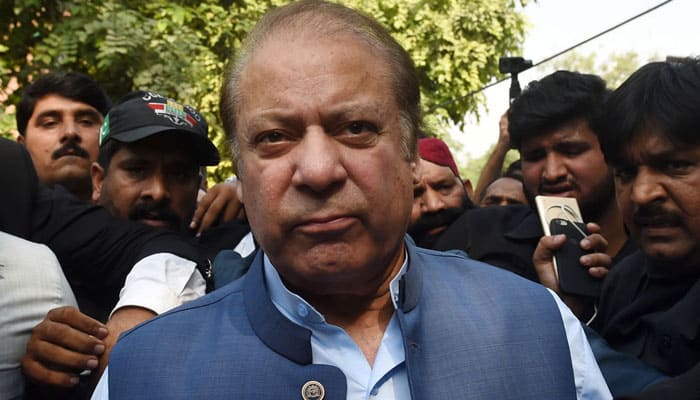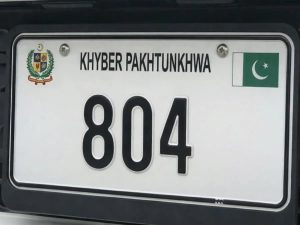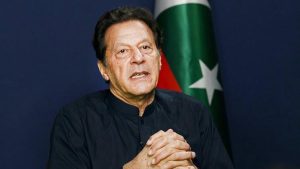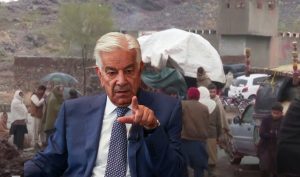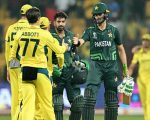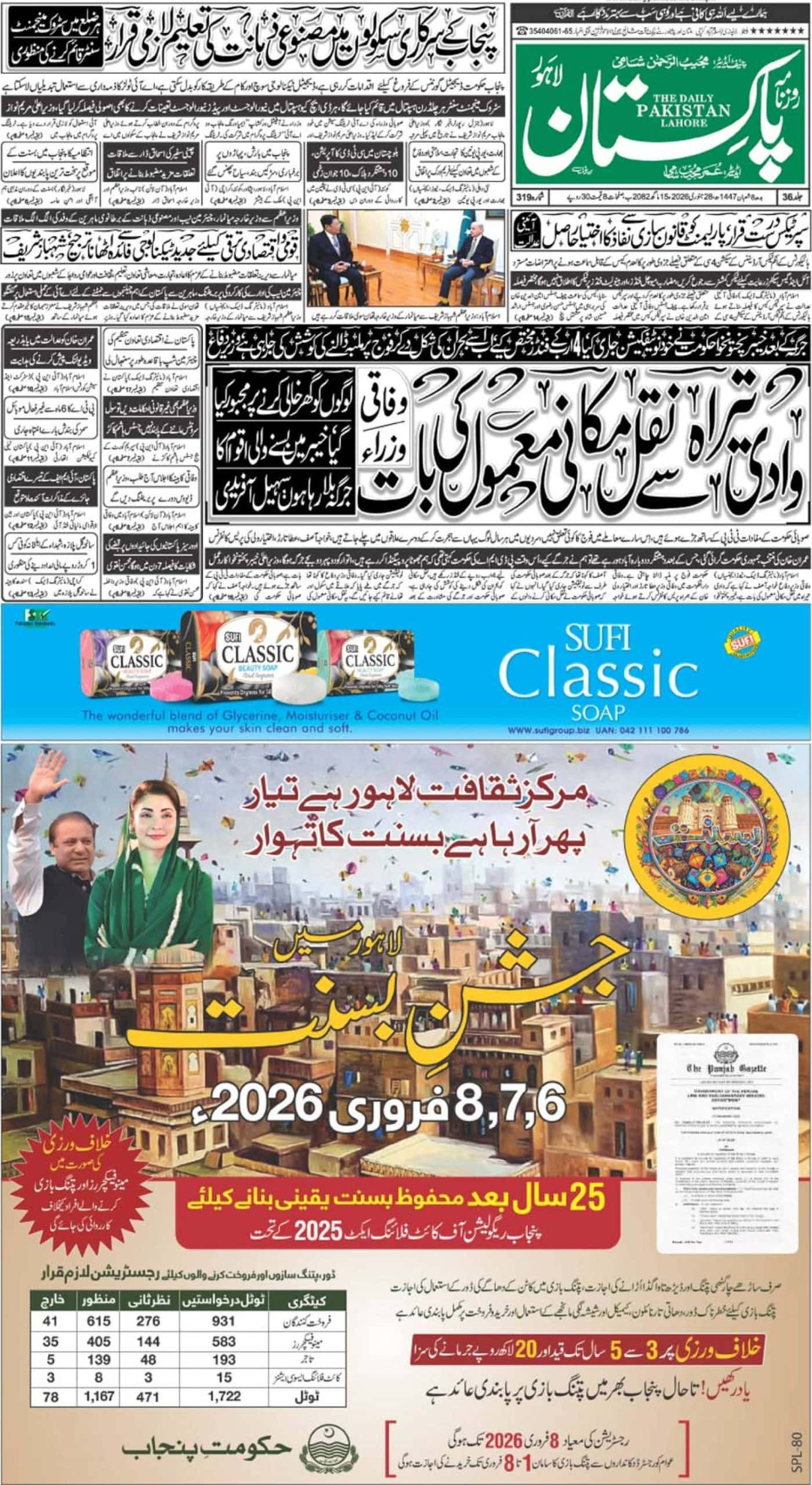ISLAMABAD – Defence lawyer Khawaja Haris is to resume his his final arguments in the Al-Azizia Steel Mills reference against deposed prime minister Nawaz Sharif on the fifth consecutive day on Tuesday.
The 68-year-old former premier has reached an accountability court in Islamabad.
Citing the prosecution’s stance, Haris told Accountability Court-II Judge Arshad Malik that his client was not the main beneficiary of the money, which he had received from the business abroad as he had gifted most of it to her daughter Maryam Nawaz. The judge remarked that the court could summon Maryam Nawaz if NAB filed a request to record her statement.
Arguing that the contents of the UAE response to the MLA seemed to be false, Haris went on to day that the witnesses, who recorded their statements before the joint investigation team (JIT), were not produced before the trial court.
He added no guess could be made as to what statements Shehbaz Sharif and Tariq Shafi had given before the JIT.
The counsel said that the JIT team had spent huge money to get source documents related to the case and the contract for the purpose was given to a certain firm. Such source documents could not be presented as evidence, he maintained.
Last week, the Supreme Court set December 24 as the deadline for the completion of National Accountability Bureau’s (NAB) corruption references against the elder Sharif.
Chief Justice Mian Saqib Nisar on Friday assailed Sharif’s counsel for his “repeated requests for more time” and “deliberately prolonging the case”.
Khawaja Haris had sought further time after apprising the top judge that the arguments were still being presented in the accountability court.
Earlier on Oct 12, the court had granted an extension to the accountability court to conclude the references by Nov 17.
In July, an accountability court had decided the Avenfield reference against the Sharif family, handing down 11-year imprisonment to former prime minister Nawaz Sharif, eight years to his daughter Maryam Nawaz and one year to her husband Capt (r) Muhammad Safdar.

